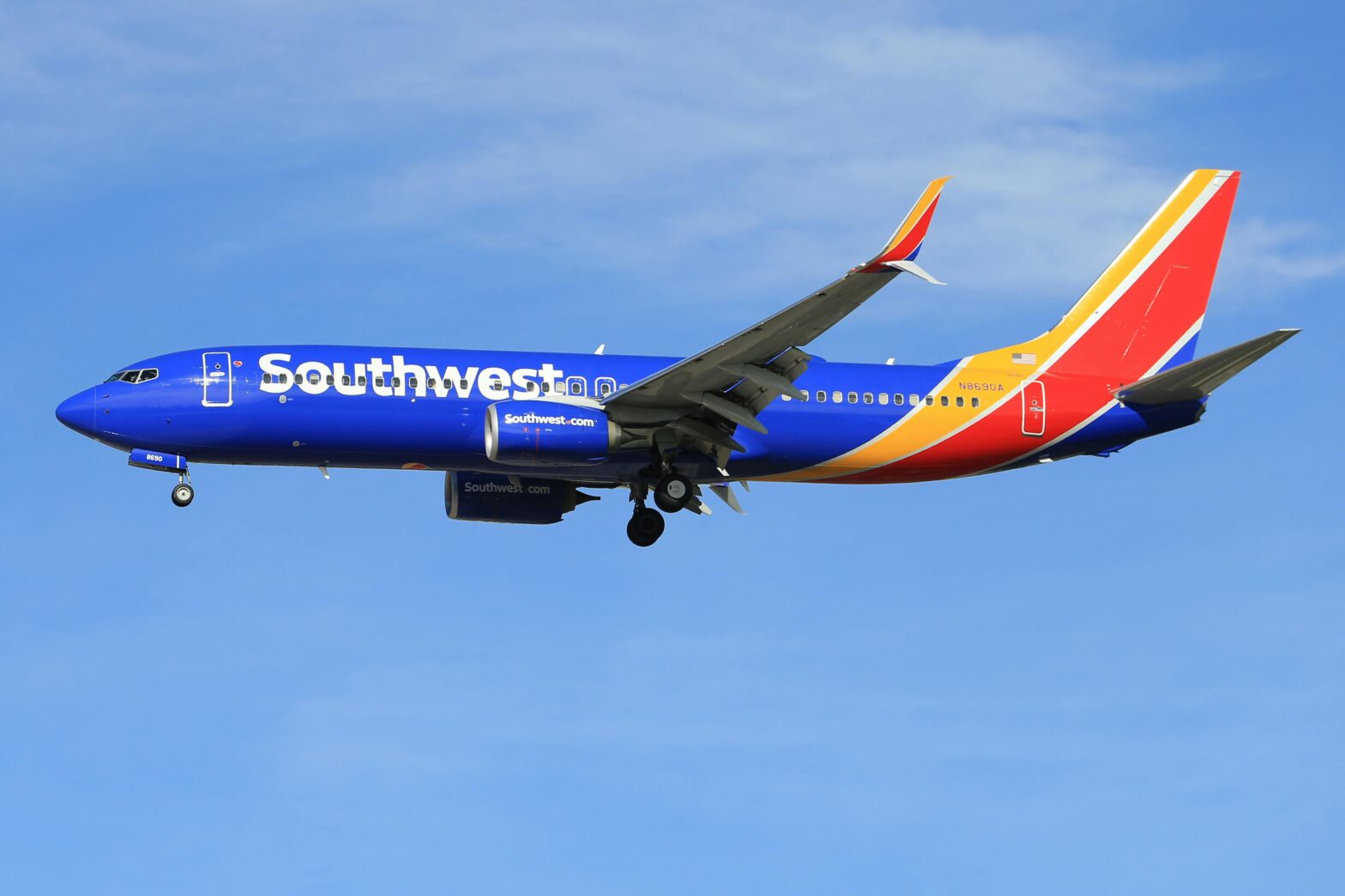On June 4, President Donald Trump signed a travel ban proclamation that fully or partially restricts the entry of nationals from 19 countries into the United States, starting next week. There are 12 countries whose nationals will be entirely prohibited from entering the U.S. The list includes Afghanistan, Burma, Chad, the Central African Republic, the Democratic Republic of the Congo, Equatorial Guinea, Eritrea, Haiti, Iran, Libya, Somalia, Sudan, and Yemen. Additionally, the U.S. is partially restricting the entry of nationals from seven additional countries. Those included in the latter group are Burundi, Cuba, Laos, Sierra Leone, Togo, Turkmenistan, and Venezuela.
The proclamation outlined that regardless of whether the foreign countries listed are subject to a full or partial travel ban, the restrictions apply to U.S. entry for both immigrants and nonimmigrants. However, the Trump declaration noted differences between those granted U.S. entry on immigrant versus nonimmigrant visas. Examples listed included the type of vetting a foreign country conducts before its nationals come to the U.S., the rights that a visa grants a person once they arrive, and how easily the U.S. can “remove” someone from the country if deemed necessary.
What Else Is There To Know About The Impending Travel Ban?
The travel ban will go into effect on June 9. The proclamation states that “many of these countries” included have exploited the American visa system. Additionally, Trump claims many of the targeted places have a “historic failure to accept back their removable nationals.” The U.S. president said he’s instating the travel ban to protect American citizens and national security. The move also coincides with his administration’s crackdown on immigration.
“As President, I must act to protect the national security and national interest of the United States and its people,” says Trump. “I remain committed to engaging with those countries willing to cooperate to improve information-sharing and identity-management procedures, and to address both terrorism-related and public-safety risks.”
“Nationals of some countries also pose significant risks of overstaying their visas in the United States,” he continues. “Which increases burdens on immigration and law enforcement components of the United States, and often exacerbates other risks related to national security and public safety.”
Foreign nationals who are exceptions to the travel ban restrictions include athletes (or relevant members of athletic teams) who travel to the U.S. for sporting events, “as determined by the Secretary of State.” Adoptions, immigrant visas for certain minorities facing persecution in Iran, and those with special immigrant visas for U.S. government employees, are among other exceptions, as are those with valid immediate family immigrant visas.





